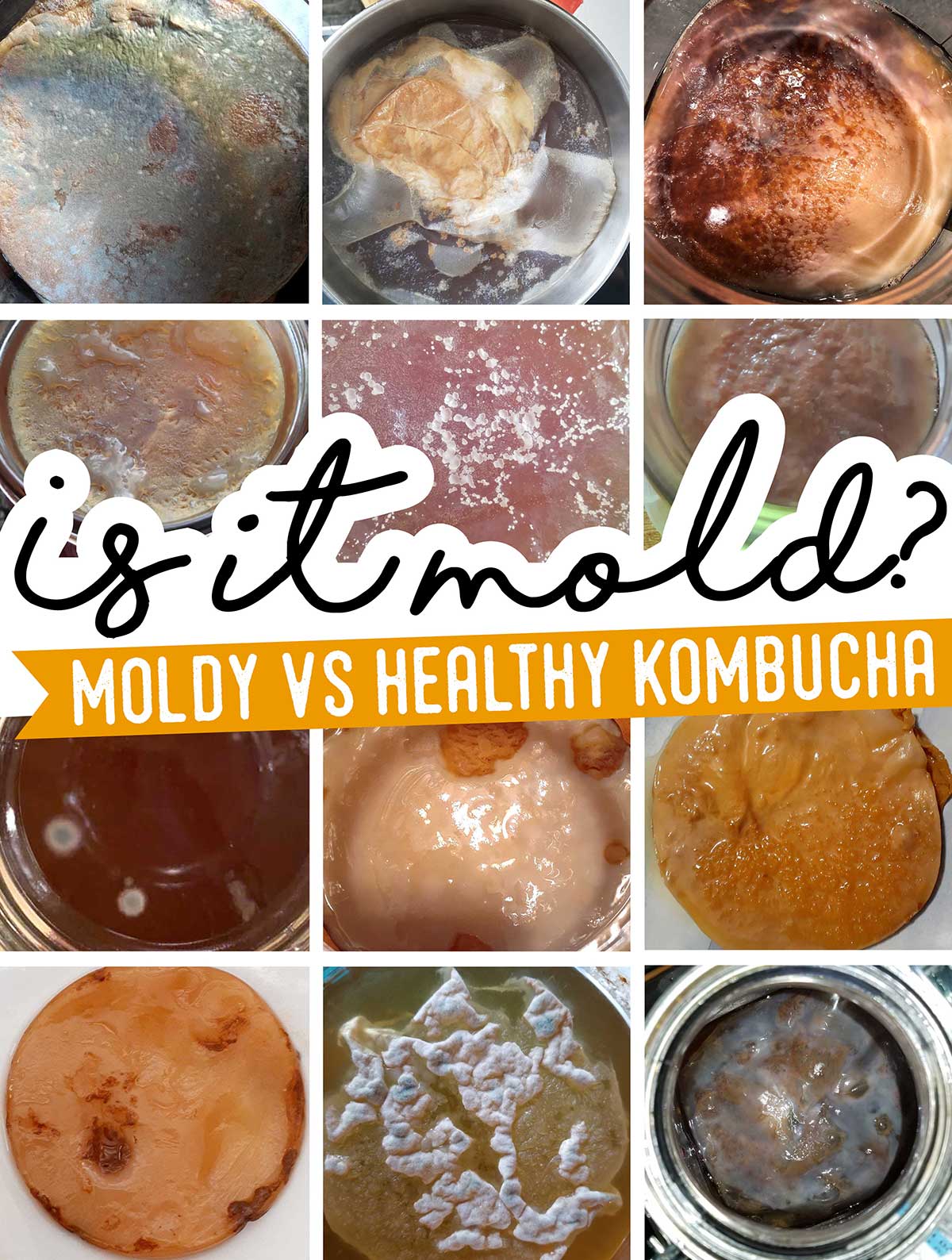
Can Kombucha Go Bad?
Kombucha has taken the world by storm with its fizzy charm and health benefits. But as with all things delightful, there comes a crucial question: can kombucha go bad? Let's dive into the bubbling world of kombucha and uncover how to tell if your favorite fermented tea has gone past its prime.
What is Kombucha?
Kombucha is a fermented tea that has been consumed for thousands of years. This tangy beverage is made by fermenting sweetened tea with a SCOBY (Symbiotic Culture of Bacteria and Yeast). The result is a drink that's slightly fizzy, tangy, and packed with probiotics, which are beneficial for gut health.
The Lifespan of Kombucha
Like all perishable items, kombucha has a shelf life. Understanding this lifespan is essential to ensure you're drinking it at its best. Generally, store-bought kombucha can last several months if kept refrigerated. However, once opened, it's best to consume it within a week or two to enjoy its full flavor and benefits.
Signs That Kombucha Has Gone Bad
So, can kombucha go bad? The short answer is yes. But how can you tell? Here are some signs to watch for:
Unpleasant Smell
A sour, vinegary aroma is normal for kombucha, but if your brew smells off—think moldy or rotten—it’s a red flag. Your nose is your first line of defense against bad kombucha.
Odd Taste
Fresh kombucha should have a balance of sweetness and tang. If it tastes excessively sour, bitter, or just plain weird, it might be past its prime.
Mold Growth
Mold is a definite no-go. If you see fuzzy, black, or green spots floating on top of your kombucha or the SCOBY, discard the batch immediately. Mold can be harmful if ingested.
Changes in Texture
Kombucha should be slightly fizzy and smooth. If it becomes overly thick, slimy, or has an unusual texture, it's time to let it go.
Sediment and SCOBY Discoloration
While some sediment at the bottom is normal, an unusually murky appearance or a discolored SCOBY can indicate spoilage.
Cloudy Appearance
Kombucha is usually clear with some effervescence. If it turns unusually cloudy, it may be contaminated and should be discarded.
Swelling Bottles
If you notice that your kombucha bottle is swelling or bulging, it could mean over-fermentation, which can lead to excessive carbonation and potential explosion.
Understanding Expiration Dates
Store-bought kombucha often comes with an expiration date. While it's usually safe to drink past this date if it’s been refrigerated, the quality and taste may decline. Trust your senses—if it smells, tastes, or looks off, it’s better to err on the side of caution.
Storage Tips for Prolonging Kombucha’s Shelf Life
To keep your kombucha fresh for as long as possible, follow these storage tips:
Refrigeration
Always keep your kombucha refrigerated. This slows down the fermentation process and helps maintain its taste and probiotic benefits.
Seal It Tightly
Ensure the bottle is tightly sealed when not in use to prevent contamination and maintain carbonation.
Keep It Cool and Dark
Store your kombucha in a cool, dark place if refrigeration isn't available. Avoid direct sunlight and excessive heat, which can speed up fermentation.
Homemade Kombucha Care
If you brew your own kombucha, proper care and hygiene are paramount. Use clean utensils and containers, and monitor your SCOBY for signs of mold or discoloration.
Benefits of Fresh Kombucha
Drinking fresh kombucha is key to enjoying its full range of benefits. These include improved digestion, a boost in energy levels, and a potential enhancement in immune function. Fresh kombucha retains the optimal levels of probiotics, enzymes, and organic acids that contribute to these benefits.
Risks of Consuming Bad Kombucha
Consuming kombucha that has gone bad can lead to some unpleasant experiences. These can range from minor digestive issues to food poisoning-like symptoms. If you suspect your kombucha has gone bad, it’s best to dispose of it.
Can You Salvage Bad Kombucha?
If your kombucha has over-fermented and tastes too sour, you can use it in various ways rather than drinking it. Overly sour kombucha can be used as a vinegar substitute in dressings and marinades or even for household cleaning.
Conclusion
Kombucha is a delightful and healthy beverage when enjoyed fresh. But like all good things, it can go bad. By paying attention to signs of spoilage such as an unpleasant smell, odd taste, mold growth, and changes in texture or appearance, you can ensure you're always sipping safe, delicious kombucha. Proper storage and handling are essential to prolong its shelf life and maintain its beneficial properties. So next time you ask, "Can kombucha go bad?" you’ll know exactly what to look for and how to keep enjoying this fizzy treat safely. Cheers to happy brewing and healthy drinking!

Tidak ada komentar: